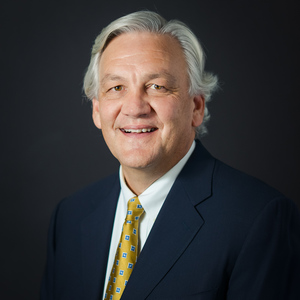
There seems to be an epidemic today of young people who don’t know who they are. They grasp for affirmation and value through their performance or a social media like. Our guest today says that classical Christian schools are uniquely positioned to light a fire of hope, purpose, and meaning in our students as they discover what it really means to be made in the image of God. Listen in as I interview Peter at the Society for Classical Learning conference.
 Peter Baur has been involved in independent education for nearly 40 years and has held roles in several environments, including start-up classical Christian schools and “elite” private schools with over 150 years of history. Peter has served in nearly every capacity, including PR/Marketing, curriculum development, head of school, development/fundraising, special events, college guidance, admission, advisory, teaching and coaching. In addition, Peter has led schools and churches in strategic planning, has presented at Circe, ACCS and SCL, and been a featured speaker at schools around the nation. Peter is known for his ability to articulate Classical Christian education in a simple, practical manner. Peter is the only SCL Fellow elected prior to becoming a head of school.
Peter Baur has been involved in independent education for nearly 40 years and has held roles in several environments, including start-up classical Christian schools and “elite” private schools with over 150 years of history. Peter has served in nearly every capacity, including PR/Marketing, curriculum development, head of school, development/fundraising, special events, college guidance, admission, advisory, teaching and coaching. In addition, Peter has led schools and churches in strategic planning, has presented at Circe, ACCS and SCL, and been a featured speaker at schools around the nation. Peter is known for his ability to articulate Classical Christian education in a simple, practical manner. Peter is the only SCL Fellow elected prior to becoming a head of school.
